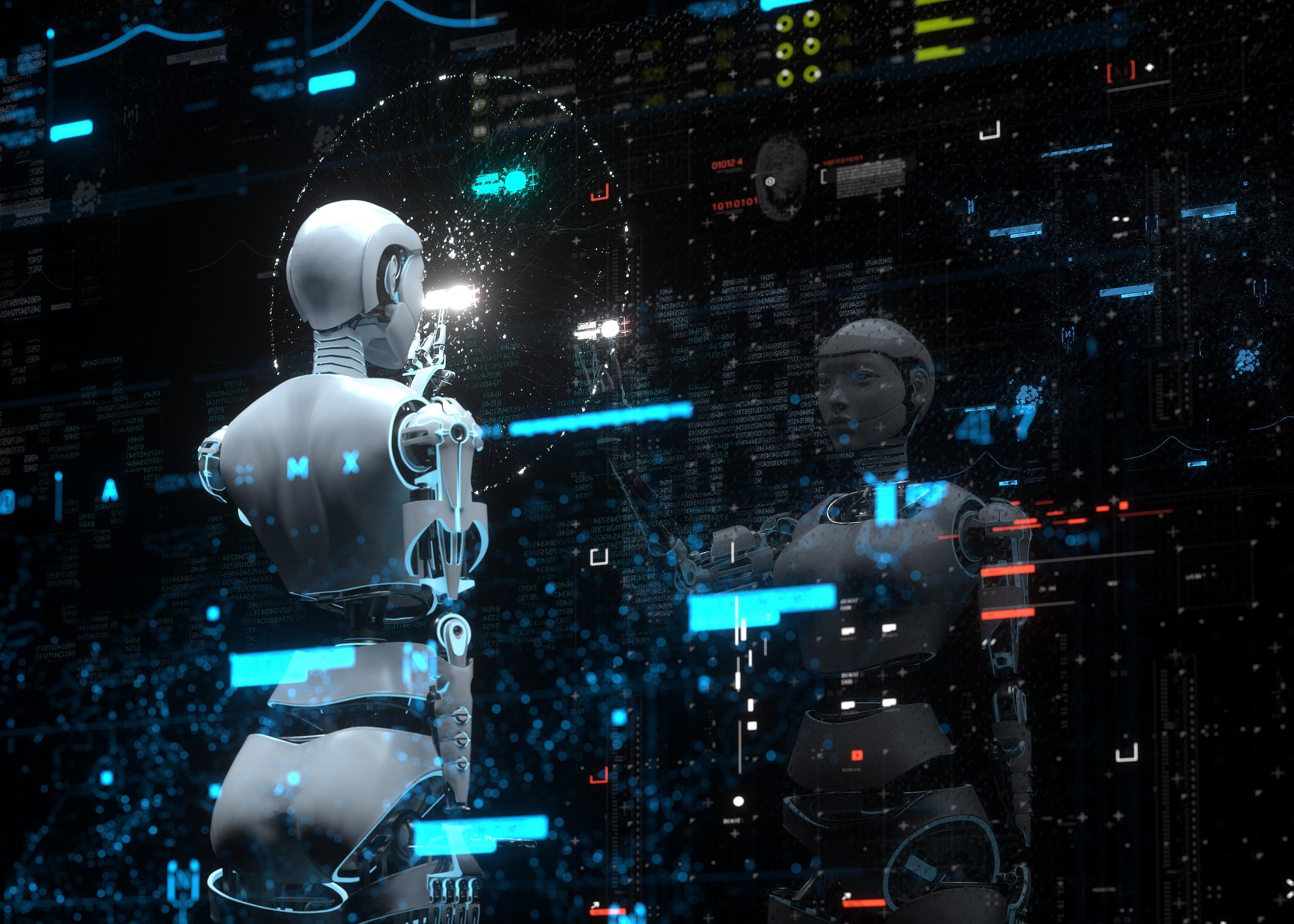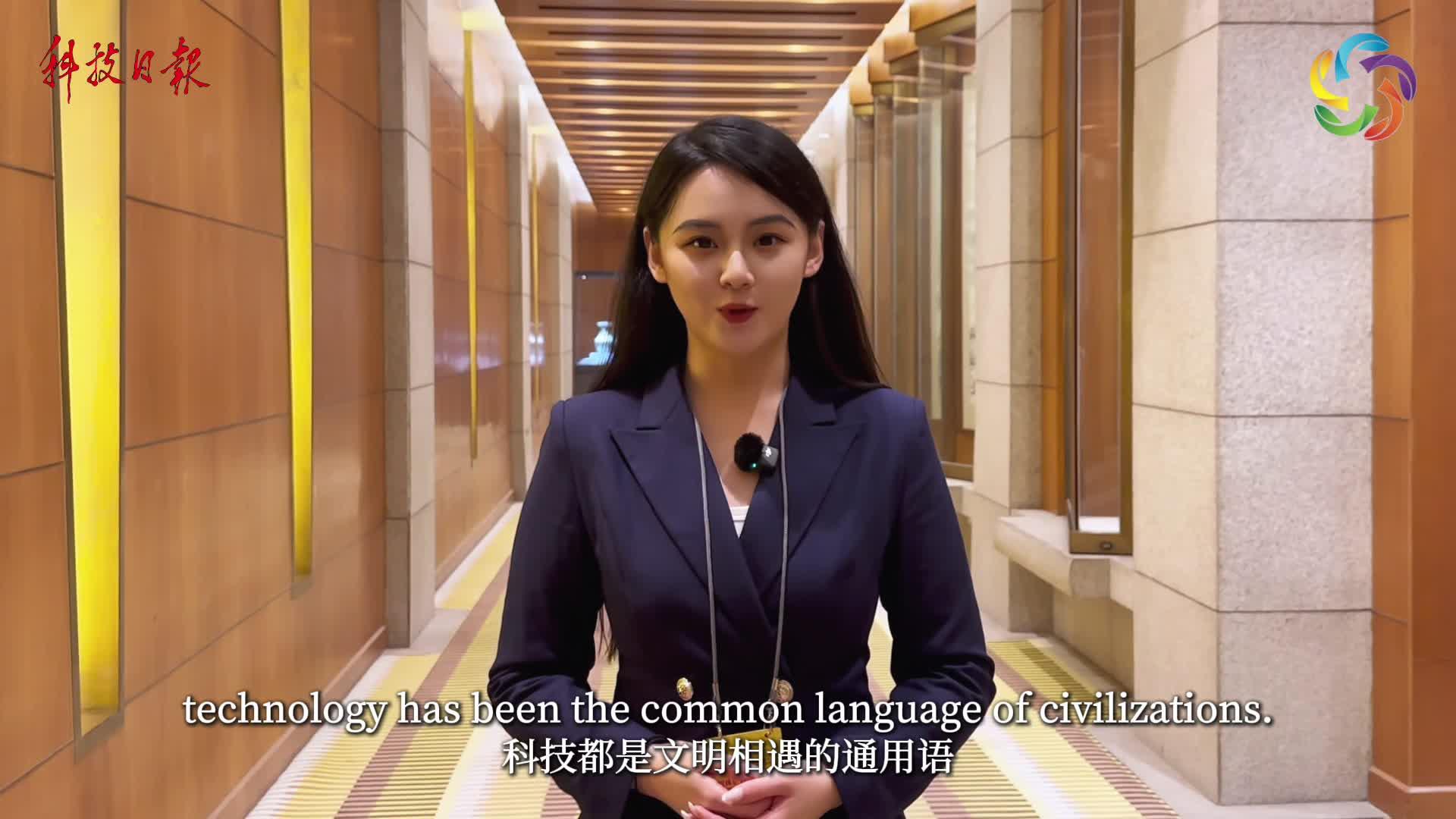Pros and Cons of AI-driven Education

The rapid deployment of DeepSeek across multiple universities in Beijing marks a significant step in the digital transformation of higher education in China. As an AI-driven education tool, DeepSeek offers students personalized academic planning, 24-hour assistance with complex problems and a real-time research support system for the faculty.
This shift has the potential to redefine the role of AI in education, extending beyond traditional classroom instruction to enhance learning experiences, facilitate research and improve university governance. However, on the flip side, its implementation also raises questions about academic integrity, data security, and the potential of over-reliance on AI.
Unlocking new possibilities
DeepSeek is already being integrated into universities, each leveraging the model for distinct academic and administrative purposes. Students at Beijing Normal University, for instance, are using DeepSeek's "Intelligent Teaching Assistant" to generate detailed study plans, accelerating the learning process by automating course scheduling and resource recommendations. Similarly, Renmin University of China has incorporated DeepSeek into its research workflow, assigning it to support the faculty with literature reviews and project planning. Such implementations demonstrate how AI can reduce administrative burdens, allowing students and researchers to allocate more time to in-depth analysis and innovation.
Beyond individual learning, DeepSeek is also being used to develop AI-driven intelligent research assistants. In an era where interdisciplinary research is increasingly emphasized, AI can facilitate collaboration by enabling continuous AI-assisted discussions beyond the constraints of time zones and physical proximity. This development could represent a fundamental shift in how research is conducted in academia.
Not without risks
The introduction of AI in academia is not without its risks. One of the most pressing concerns is the potential erosion of critical thinking skills among students. With AI offering instant solutions to complex problems, there is a risk that students may become overly reliant on automated responses, rather than engaging in deep, analytical thinking. Educators warn that AI cannot replace the intellectual discourse and critical analysis that define higher education.
Academic integrity is another critical issue. There is growing concern over AI models' misuse for plagiarism, ghostwriting, and automated essay generation. Universities must establish clear ethical guidelines for AI use, ensuring that students and faculty distinguish between appropriate AI assistance and academic dishonesty. Additionally, educators themselves should balance leveraging AI's capabilities with maintaining rigorous academic standards.
AI's role in reshaping education is inevitable, but its effectiveness depends on how institutions navigate these opportunities and challenges. Policymakers must strike a balance between harnessing AI's efficiency and preserving the fundamental principles of education. As AI becomes an integral part of academic life, institutions must remain vigilant in addressing its unintended consequences.
The future of AI in education will depend not just on technological advancements, but also on the ethical frameworks and governance structures that guide its responsible use.







